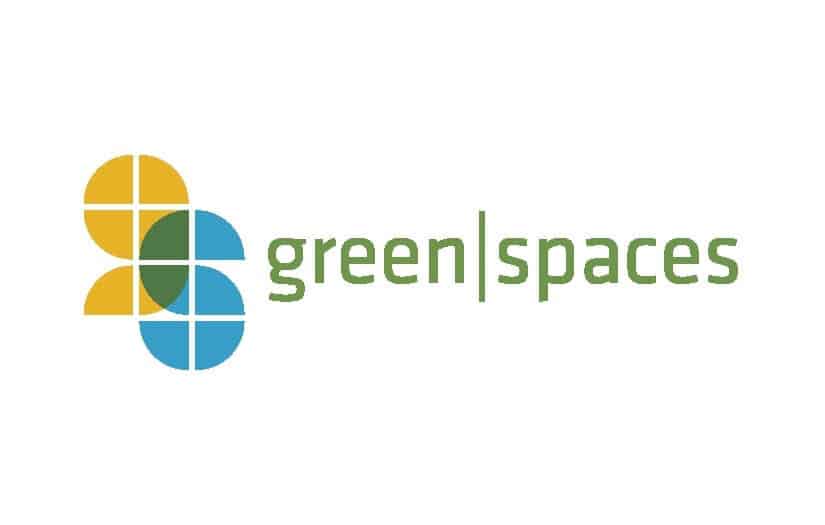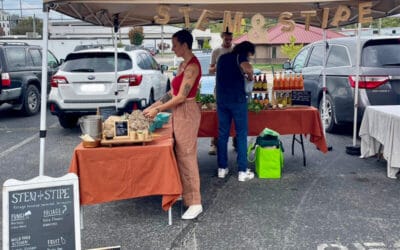greenIspaces is helping operate our Free Range Recycling at our market info booth each week. Stop by to drop off your egg cartons, plastic or paper bags, glass jars and other items that market vendors can reuse then find out more about the ways you can partner with greenIspaces and we all win!
Energy, Food, & Lost Opportunity by Gabrielle Chevalier
What do energy burdens, food waste, and a global pandemic have in common? The severity of the impact of all three disproportionately hurts Americans who are already struggling the most. That’s why now, more than ever, local programs that foster community resiliency by addressing disparity at its roots are critical to strengthening Chattanooga’s collective community.
In 2020, a pandemic quarantine suddenly meant much more time at home. So, for families facing high energy burdens (utility costs above 6% of household income), more time with lights on, fans on, etcetera meant even higher bills — at a time when job security, finances, and health are already major concerns for many low-income families. Simultaneously, the need for home to be a comfort has never been higher for everyone.
At green|spaces, we work to address these issues through home weatherization and energy efficiency (in addition to other impact-focused community programs) because of the significant affect on quality of life — which in turn strengthens our city as a whole.
How do these programs work?
Well, statistically even before the pandemic, 2/3 of low-income families nationwide spent more than 6% of their annual income on utility costs. Often, high bills are because of inefficient housing, older appliances, bad insulation, and old heating and cooling equipment.
As colder winter weather approaches, the affordability of utilities becomes even more of a concern for the roughly 50% of Chattanooga-area renters who are at risk for eviction.
Through our Empower program, green|spaces provides workshops (virtually, during COVID-19) where we tailor energy efficiency and simple weatherization solutions to the type of home and needs of the resident.
We even had a workshop participant last year who told us she saved $80 on her electric bill this July compared to July of 2019. And, while stories like that are outside of the normal range, they do happen! In addition to the direct impact these solutions have on community members’ standard of living, it also lowers our city’s carbon footprint. (For more on our city’s greenhouse gas emission data, you can see our 2020 report here.)
So, how does food waste factor in?
Food waste and food insecurity go hand-in-hand. So in addition to the enormous environmental and economic costs associated with food production, distribution, packaging, and more when it is wasted and winds up in a landfill, there is also the human cost when you remember that millions of Americans are struggling to put food on the table.
Partnerships with farmers like those at the Main Street Farmers Market are an important step in supporting our local food system, especially as food accessibility challenges have become more widespread during COVID-19.
Okay, so, what can be done?
You can get involved in a variety of ways, and if you’re supporting local farmers at the market, you’re off to a great start by reducing your carbon footprint and investing in your community. If you’re a consumer, you can support these green|light sustainable businesses, museums, and more and, if you don’t compost already, NewTerra Compost is a new local business working to ensure food residuals don’t end up in landfills. If you’re a business owner and want to improve your social and environmental impact , green|spaces’ green|light program can help guide you.
And, of course, your support is the reason green|spaces continues to exist as a community resource and guide—Working to build a more resilient city is work we are deeply passionate about, and we’d love to have you join us as a volunteer, member, or donor to support crucial community programs.





0 Comments